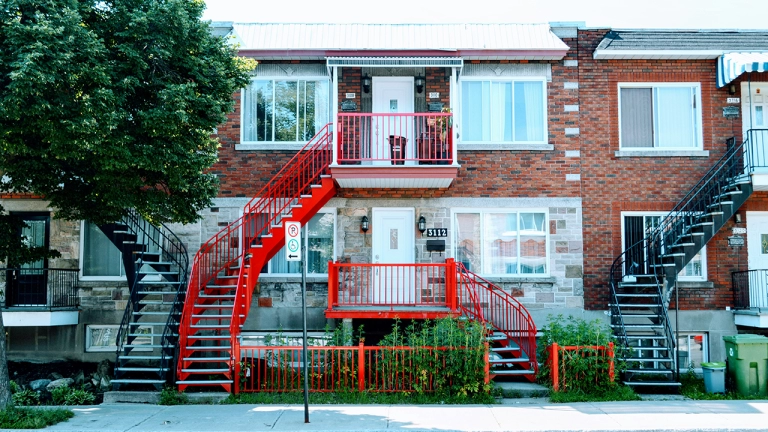This article is designed to provide valuable information and advice for those who are planning to sell their homes. Whether you are a first-time home seller or have sold multiple properties in the past, preparing a home for sale can be a complex and challenging process. This article aims to help make the process smoother and more successful by outlining the key steps to prepare a home for sale.
The article will cover important topics such as:
- Finding a great real estate agent
- Calculating costs
- Improving curb appeal
- Cleaning the backyard
- Packing
- Hiding valuables
- Depersonalizing your space
- Staging your home
- Painting with neutral tones
- Fixing the small things
- Considering a home inspection
- Considering key renovations
- Gathering important documents
- Planning your next move
Preparing a home for sale is essential to ensure a smooth and successful sale. A well-prepared home can attract more potential buyers, help increase the value of the property, and reduce the stress of the selling process. Proper preparation can also help you avoid common pitfalls and obstacles that can arise during the selling process. By taking the time to prepare your home, you can maximize your chances of a quick and profitable home sale.
1. Finding A Great Real Estate Agent

Hiring a great real estate agent can make a huge difference in the success of your home sale. An experienced and knowledgeable agent such as Marco Pedri, Broker with Shoreline Realty Corp., Brokerage, can help guide you through the selling process, provide valuable insights into the real estate market, and negotiate the best deal for your home. They can also handle all of the administrative and fine details of the sale, allowing you to focus on other important matters in life.
To find the right real estate agent for you, start by asking friends, family, and colleagues for recommendations. You can also look for agents online and read reviews from previous clients. When you meet with potential real estate agents, ask about their experience and track record, as well as their communication and negotiation skills. Make sure to choose an agent who you trust and feel comfortable working with, as you will be relying on them throughout the home selling process.
Your real estate agent will play a crucial role in the home selling process, helping you every step of the way. They will work with you to determine the right asking price for your home, market the property to potential buyers, and handle all of the negotiations and paperwork. They will also be available to answer any questions you have and provide guidance and support throughout the entire process. By working with a great real estate agent, you can ensure that the sale of your home goes as smoothly and successfully as possible.
2. Calculating Costs

Before you put your home on the market, it’s important to have a clear understanding of the costs involved in selling a home. This will help you budget for expenses and avoid any surprises during the process.
Some of the expenses you may need to consider when selling your home include: real estate agent commissions, home repairs and upgrades, home staging, legal and administrative fees, property taxes, and marketing and advertising costs.
To budget for the costs of selling your home, make a list of all of the expenses you anticipate and prioritize the most important ones. You can also consider doing some of the upgrades and repairs yourself, rather than hiring professionals. But be mindful of any work orders you may need to present when selling your home. Buyers may want proof work was done professionally and by a licensed professional. By planning ahead and being mindful of your budget, you can sell your home without breaking the bank.
3. Improving Curb Appeal

First impressions matter and the exterior of your home is the first thing potential buyers will see. Improving curb appeal can increase the value of your home and make it more appealing to buyers.
Changes such as mowing the lawn, planting flowers, repainting the front door, and doing brick repairs from a licensed Toronto masonry contractor can go a long way in enhancing your home’s exterior. Winter can also be a prime time to show off your home’s winter curb appeal with some winter-themed decor.
You don’t have to spend a lot of money to improve your home’s curb appeal. Simple and budget-friendly changes such as power washing the siding and walkways, fixing the roof and gutters, and updating outdoor lighting can make a big difference.
4. Cleaning The Backyard

The backyard of a home can be just as important as the interior when it comes to making a good impression on potential buyers. A clean and well-maintained backyard can be a big selling point, and conversely, a cluttered or neglected outdoor space can detract from the appeal of the home.
Cleaning and organizing your backyard doesn’t have to be an expensive or time-consuming process. Start by removing any excess debris or clutter, mowing the lawn, and pulling weeds. If necessary, add a fresh layer of mulch or replace any damaged plants or trees.
A clean and tidy backyard can create a more inviting and attractive outdoor space for potential buyers. It can also help to showcase the size and potential of the outdoor area, making it easier for buyers to envision themselves using the space for recreation and relaxation. By investing a little time and effort into your backyard, you may just be surprised at the impact it can have on the sale of your home.
5. Start To Pack
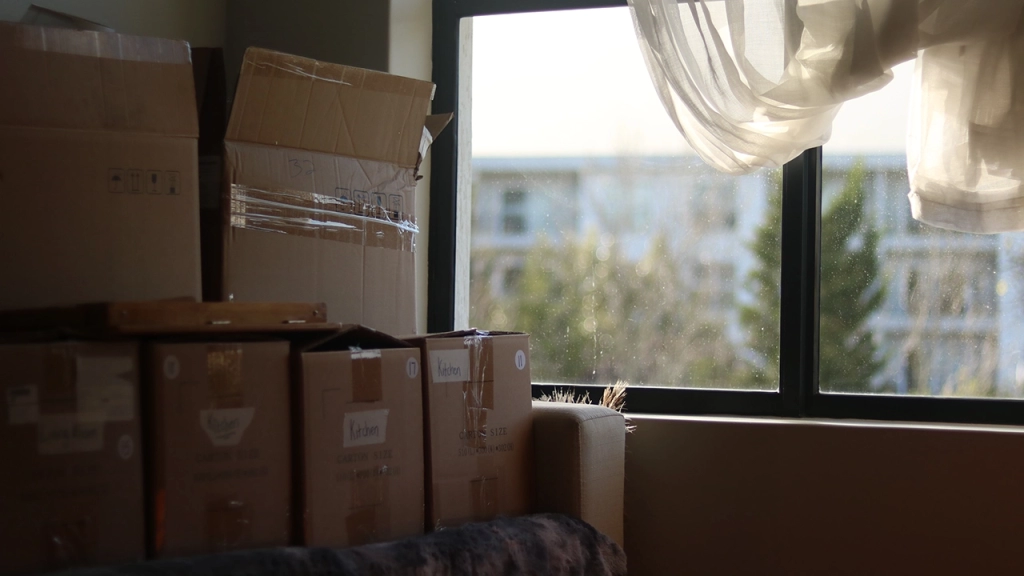
Starting to pack early can have several benefits when preparing your home for sale. It allows you to declutter, create more space, and get a head start on organizing your belongings for the move.
Here are some tips to help you start with the packing process:
- Make a packing schedule and stick to it.
- Start with items you don’t use often and work your way to the essentials.
- Label boxes clearly and keep a list of what’s inside.
- Consider investing in high-quality moving boxes and packing materials.
- Don’t forget to pack seasonal items and decorations.
Packing early helps create a more spacious and organized home, which can make it easier for potential buyers to envision themselves living there. It also reduces the stress of packing at the last minute, leaving you with more time to focus on other aspects of the home selling process.
6. Hide Valuables

When showing your home to potential buyers, it’s important to be mindful of the items you have out in the open. Hiding valuables is a crucial step in preparing your home for sale.
To keep your valuables and home safe during showings, consider putting them in a safe or locking them away in a closet or storage room. If you have items of great value, consider temporarily removing them from your home until the showing is over.
Not only is it important for security reasons, but hiding your valuables can also help potential buyers focus on the features of your home rather than the contents inside. By taking this step, you can help ensure that the showing process goes smoothly and your home makes a great impression.
7. Depersonalize Your Space

When potential buyers visit a home, they want to be able to imagine themselves living there. Personal items, such as family photos, children’s artwork, and collections, can make it difficult for buyers to visualize their own belongings in the space. Depersonalizing your home is a simple and effective way to make it feel more neutral, inviting, and open. This can help to increase the overall appeal of your home to potential buyers.
You may want to:
- Remove family photos and other personal items from the walls and surfaces
- Store away collections, such as sports memorabilia or figurines
- Pack away personal items, such as toiletries, that can make the bathroom or kitchen feel cluttered
- Neutralize bold wall colours with a fresh coat of paint in a neutral shade
Depersonalizing can make your home feel more open, inviting, and spacious. Removing personal items can help to de-clutter the space, making it easier for buyers to imagine their own belongings in the home. A neutral color palette can make the home feel more modern and appealing to a wider range of buyers.
8. Stage Your Home

Staging your home before putting it up for sale is crucial in creating a positive impression on potential buyers. It is a way to present your home in its best light, highlighting its features and making it look appealing and attractive. By doing so, you increase the chances of a quick and profitable sale.
Tips For Effectively Staging Your Home
- Declutter: Remove personal items and excess furniture to create a more spacious and open feel in your home.
- Clean and repair: Clean your home thoroughly, fixing any small repairs, and making it look as fresh and new as possible.
- Neutralize the décor: Choose neutral colors and designs, as these appeal to a broader range of potential buyers.
- Highlight key features: Use lighting and furniture placement to showcase your home’s best features.
- Bring in some greenery: Adding plants can bring life and freshness to your home.
A professional stager can help you effectively present your home to potential buyers. They have the experience and expertise to give your home a makeover, making it look its best and increasing its chances of a quick sale. They can provide suggestions and advice on how to make your home appealing to the largest audience possible.
9. Paint With Neutral Tones
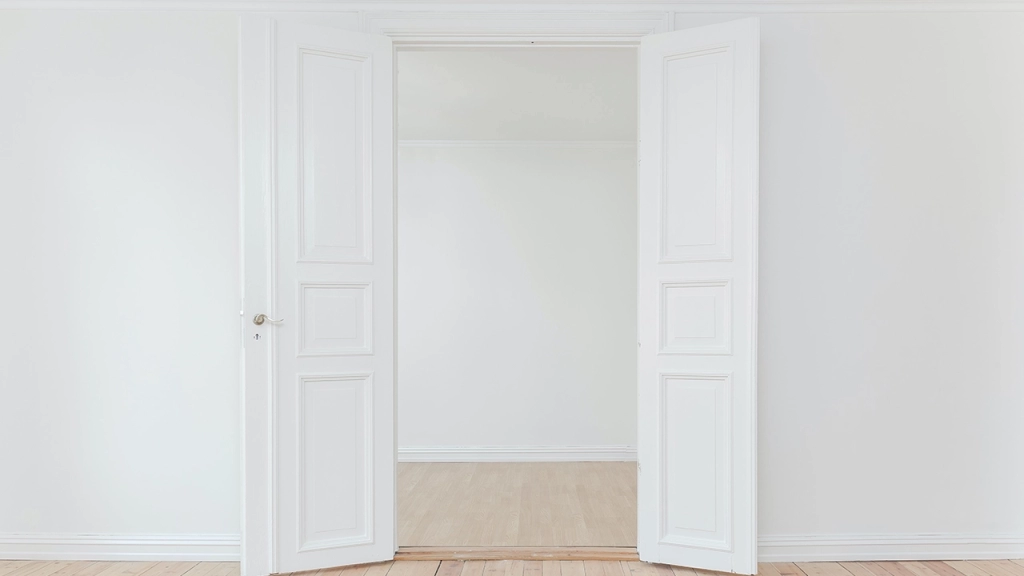
When selling a home, using neutral paint colours is a smart choice as it appeals to a wider range of potential buyers. Neutral colours are timeless, easy to decorate around, and create a blank canvas for buyers to imagine their own personal style.
When choosing neutral paint colours, it’s important to consider the lighting in your home, as well as the surrounding furniture and décor. Opt for shades that are light and bright, but not too yellow or too cool. Beige, light grey, and greige are all popular neutral paint options.
A fresh coat of paint can have a big impact on the sale of your home. Not only does it make your home look clean and updated, but it also gives buyers a better idea of what the space would look like with their own furnishings. Plus, a new coat of paint can help you get top dollar for your home.
10. Fix The Small Things
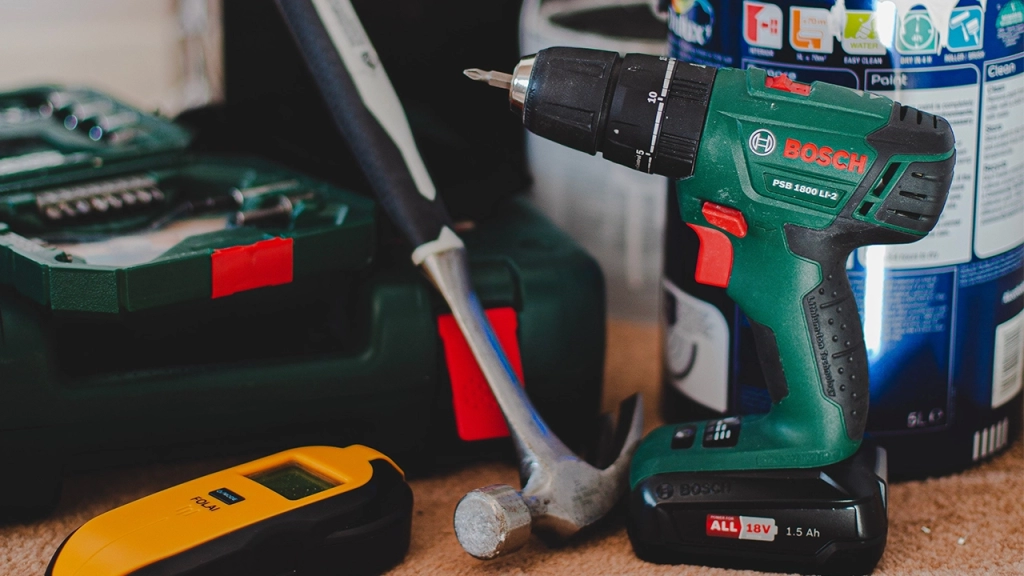
Fixing small repairs and addressing any issues may seem like a minor task, but it can actually have a major impact on the sale of your home. Buyers are looking for a home that is well-maintained and move-in ready, and small repairs and issues can detract from that impression.
Some common small repairs and issues to address include leaky faucets, squeaky doors, cracks in the walls or ceilings, and loose doorknobs. It’s important to address these items before putting your home on the market so that they don’t negatively impact the buying process.
Taking care of small repairs and issues will show buyers that you take pride in your home and that it has been well-maintained. This can help increase the value of your home and make it more attractive to potential buyers, making it more likely to sell quickly and for a higher price.
11. Consider A Home Inspection
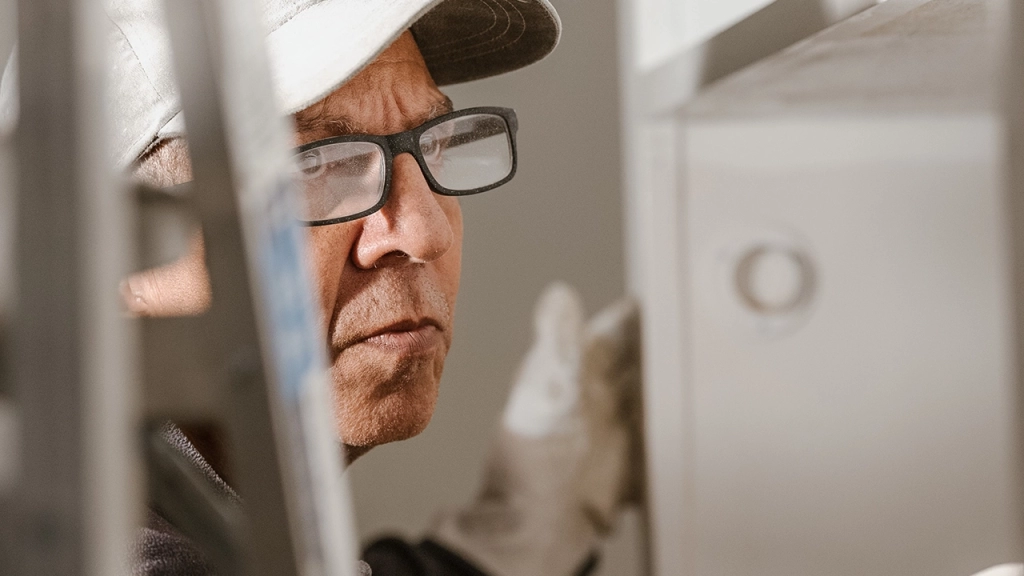
A home inspection is a crucial step in the process of selling your home. It provides an in-depth analysis of the condition of your home, highlighting any issues that need to be addressed before putting it on the market.
To prepare for a home inspection, it’s recommended to conduct a self-inspection of your home to identify and fix any potential issues beforehand. You should also make sure that all systems, appliances, and utilities are in working order.
Not only can a home inspection benefit the sale of your home by identifying any issues that need to be fixed, but it can also provide peace of mind to potential buyers and help avoid any unpleasant surprises during the closing process. A thorough home inspection can also help ensure that you receive a fair price for your home and avoid potential renegotiations.
12. Consider Key Renovations
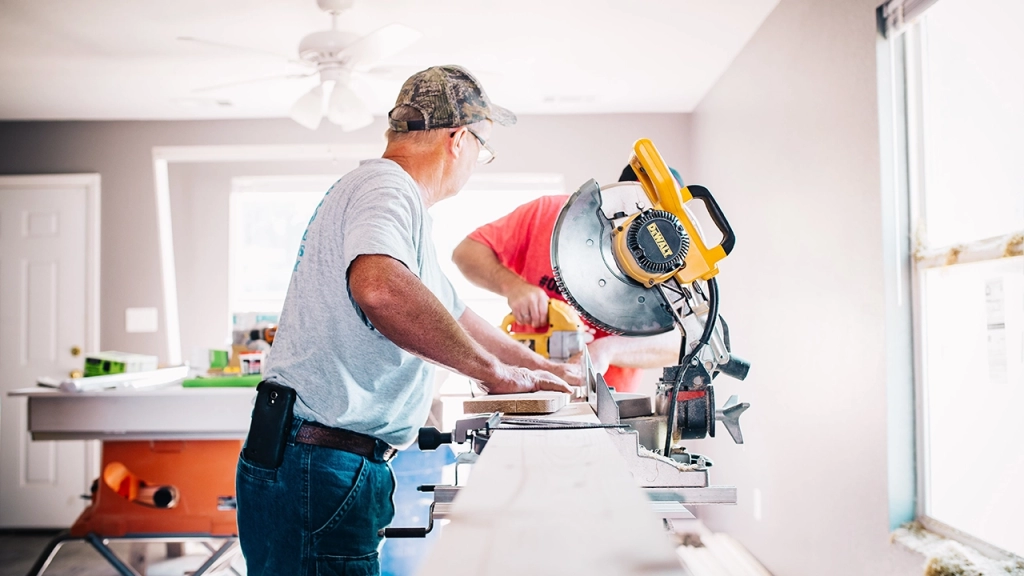
The condition of a home can greatly impact its value and saleability, which is why considering key renovations before listing your property can be a wise move. Renovations can range from simple cosmetic updates to more significant structural changes. Understanding which renovations are necessary and can have the biggest impact on the sale of your home is important in maximizing your return on investment.
Key renovations to consider include updating kitchens and bathrooms, adding extra living space, modernizing electrical and plumbing systems, and fixing any structural issues. The goal is to make the home appealing to the largest pool of potential buyers while also adding value to the property.
When budgeting and planning for key renovations, it is important to prioritize based on your budget and the expected return on investment. It may be helpful to consult with a real estate agent or contractor to determine which renovations will have the greatest impact on the value of your home. It is also important to keep in mind that some renovations may take longer to complete, so be sure to plan accordingly and factor in any potential delays to ensure that your home is ready for sale when you want it to be.
13. Gather Important Documents

Selling a home can involve a lot of paperwork, and having all of the necessary documents ready and in order can help make the process smoother, quicker, and less stressful. Gathering important documents before you put your home on the market will also help you to be more organized and prepared for any potential questions or concerns that may come up during the sale.
What Are Some Of The Important Documents To Gather?
Some of the important documents to gather when selling your home include your:
- Property title
- Insurance records
- A survey of the property
- Proof of property taxes paid
- Any receipts for repairs or renovations
- Any certificates of occupancy or zoning
- Information about any liens or mortgages on the property
- Any warranties or guarantees for work that has been done on the property
Having all of the necessary documents in order can make a big difference in the home selling process. It can help you to provide prospective buyers with the information they need to feel confident about their purchase, and it can help you to address any questions or concerns that may come up during the sale. Furthermore, having important documents in order can also help to speed up the closing process, as you won’t need to spend time tracking down missing information or missing paperwork.
13. Plan Your Next Move

The significance of planning ahead for your next move cannot be overstated. Whether you’re moving to a new city, upgrading to a larger home, or downsizing, having a clear plan in place can make the transition much smoother and less stressful.
To ensure a successful move, consider the following tips:
- Start early – begin your planning process as soon as you decide to sell your home.
- Research your options – take the time to research neighbourhoods, schools, and amenities to ensure that you find the right fit for your family.
- Make a budget – calculate your expected expenses and determine how much you can afford to spend on your next home.
- Consider the timing – think about the best time to move based on factors such as the school year or your work schedule.
Planning ahead for your next move will help ensure a smooth and stress-free transition. It will also help you avoid potential roadblocks that could delay or disrupt the sale of your home. By taking the time to plan and prepare, you’ll be in a better position to focus on selling your home and securing the best deal.
Conclusion
In this article, we have outlined 14 steps to help you prepare your home for sale. These steps include decluttering and deep cleaning, calculating costs, improving curb appeal, cleaning the backyard, starting to pack, hiding valuables, depersonalizing your space, staging your home, painting with neutral tones, fixing the small things, considering a home inspection, considering key renovations, gathering important documents, and planning your next move.
Whether you’re selling a home or a loft, it can be a complex process, but by taking these steps, you can increase your chances of a successful sale. Whether you are living in Port Credit, downtown Toronto, or any other location, these tips can help you prepare your home for the market and ensure a smooth and stress-free experience. If you’re still unsure about how to prepare your home for sale, it may be helpful to consider working with a professional real estate agent, such as Marco Pedri, Broker with Shoreline Realty Corp., Brokerage, who is a trusted Mississauga REALTOR® and Etobicoke REALTOR®. Marco Pedri will help to guide you through the process.
Remember, the time you invest in preparing your home for sale can make all the difference in the outcome of the sale. So, before putting your home on the market, take the time to consider each of the steps outlined in this article. With a little bit of effort and preparation, you can increase your chances of a successful sale and make the process as smooth and stress-free as possible.


